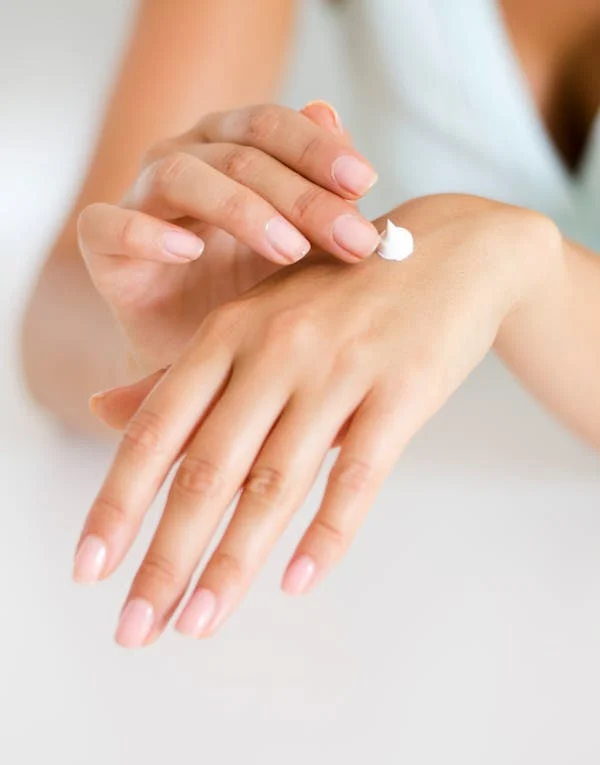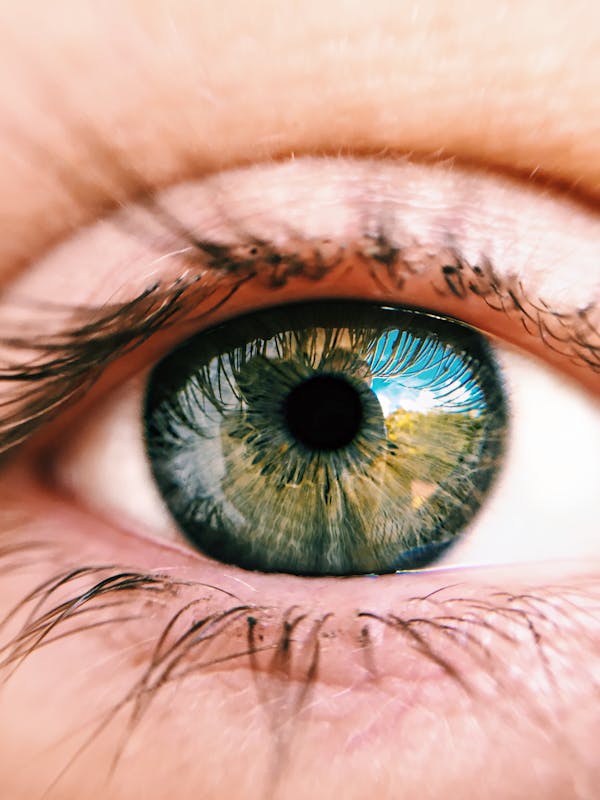As global temperatures continue to rise, reaching unprecedented levels in 2024, heat waves have become a pressing concern for skin health. Extreme heat can exacerbate a range of skin conditions, including eczema, rosacea, rashes, and discoloration. Understanding how heat impacts your skin can help you take preventive measures to manage and alleviate these conditions.
How Heat Affects Your Skin
Heat waves can trigger or worsen various skin problems:
- Heat Rash (Miliaria): This condition arises when sweat ducts become blocked, preventing sweat from reaching the skin’s surface. As sweat accumulates, red, itchy bumps appear, signaling heat rash.
- Grover’s Disease: Characterized by small, red, itchy bumps on the chest and back, Grover’s disease can be aggravated by excessive heat and sweating. While it often resolves within weeks or months, it can persist for years with seasonal flare-ups.
- Eczema: This chronic condition causes dry, itchy patches on the skin. Increased sweating during heat waves can irritate and inflame the skin, exacerbating eczema symptoms. Additionally, dehydration from sweating can make the skin more vulnerable to flare-ups.
- Rosacea: This disorder causes facial redness, visible blood vessels, and acne-like bumps. Heat causes blood vessels to expand in an attempt to cool the body, leading to flushing and visible redness. Combined with sun exposure, high temperatures can trigger rosacea flare-ups.
- Melasma: A condition marked by dark patches on the face, melasma can worsen with heat. Heat stimulates melanocytes (pigment-producing cells), making dark patches more prominent. Furthermore, heat and UV radiation can accelerate the breakdown of collagen and elastin, resulting in premature aging and reduced skin elasticity.
- Skin Cancer Risk: Increased UV radiation exposure during heat waves heightens the risk of skin cancer. The extended duration of heat waves contributes to more UV exposure, particularly for those working outdoors. Preliminary studies suggest prolonged exposure to high temperatures may further increase this risk.
The Impact of Heat on Air Pollution and Skin
Heat waves can lead to higher levels of environmental pollutants like ozone and particulate matter. These pollutants, combined with heat and UV radiation, form secondary pollutants such as peroxyacetyl nitrates (PANs). These substances can irritate the skin and worsen inflammatory conditions such as eczema and rosacea through oxidative stress and DNA damage.
How Heat Affects Medications
High temperatures can affect the efficacy of certain medications. For instance, EpiPens, used for severe allergic reactions, may lose their effectiveness if exposed to high heat. Always check the storage instructions for your medications to ensure they remain effective. If you’re unsure, consult your pharmacist or doctor.
Certain skin care products, such as retinoids, antibiotics for acne, and immunomodulators for autoimmune diseases, can increase skin sensitivity to the sun. This can result in severe sunburns or photodermatoses (sun-induced rashes). If you experience any issues, seek advice from your healthcare provider.
How to Protect Your Skin During Heat Waves
1. Keep Your Skin Cool
- Wear Light Clothing: Opt for breathable fabrics like cotton and linen to help regulate body temperature and avoid sweat-induced skin problems. Avoid synthetic materials that trap heat and moisture.
- Cool Baths or Showers: Use cool or lukewarm water to bathe. Hot water can strip the skin of its natural oils, causing dryness and irritation.
- Seek Cool Spaces: If you lack air conditioning at home, find cooler places to spend time during heat waves.
2. Keep Your Skin Hydrated
- Stay Hydrated: Drink plenty of water and consume hydrating foods such as watermelon and cucumbers.
- Moisturize: Apply light, non-comedogenic moisturizers after bathing to lock in hydration. Look for ingredients like hyaluronic acid and glycerin, which help maintain skin moisture.
3. Limit Exposure to Sun and Pollution
- Protective Clothing: Wear wide-brimmed hats, UV-blocking sunglasses, and long-sleeved shirts to shield your skin from harmful UV rays.
- Use Sunscreen: Apply broad-spectrum mineral sunscreens with zinc oxide, titanium dioxide, or iron oxide to protect against UV radiation and pollutants.
- Topical Antioxidants: Incorporate products with vitamin C into your morning routine to combat oxidative stress.
- Cleanse Regularly: Wash your face and body at the end of the day to remove pollutants and sunscreen residue, helping to prevent skin irritation.
By taking these steps, you can protect your skin from the adverse effects of extreme heat and maintain healthier, more resilient skin throughout the sweltering months.








